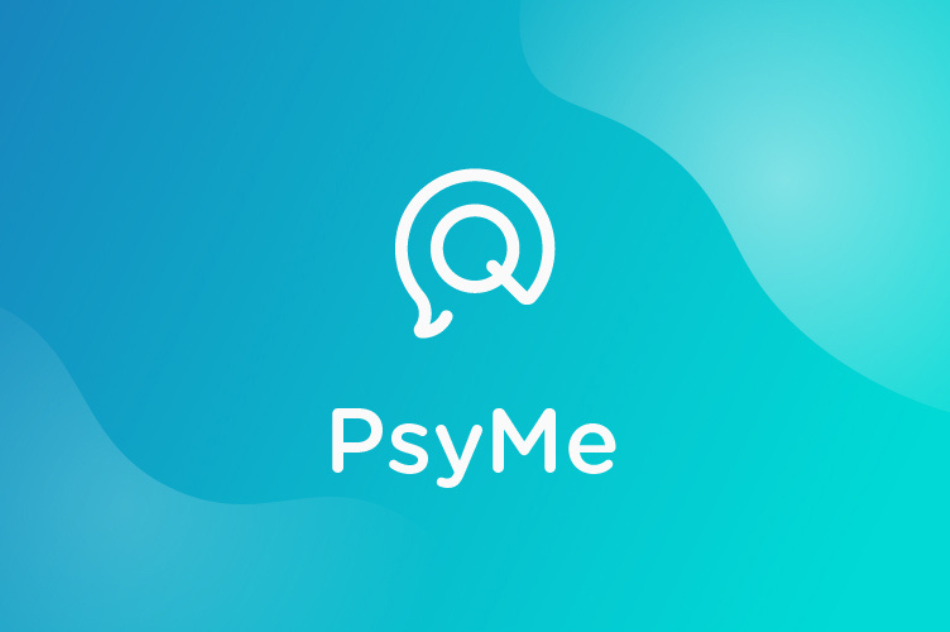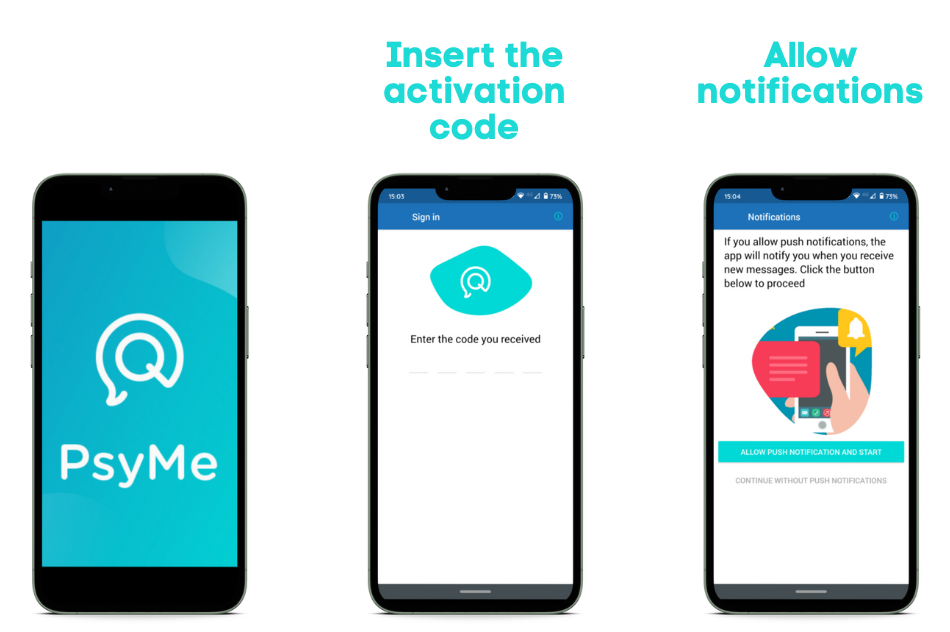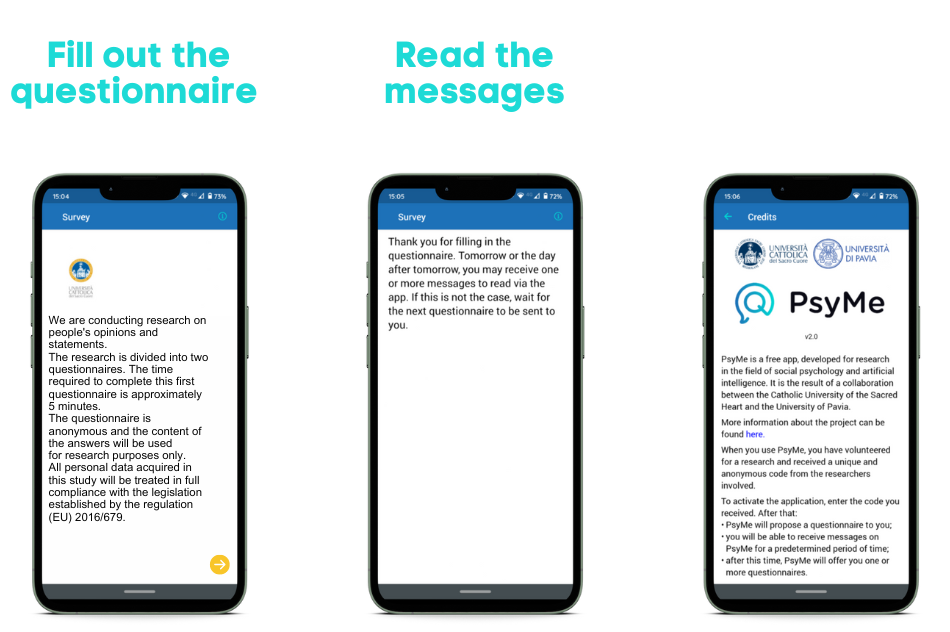Published research
Carfora, V. & Catellani, P. (2024). Environmental messages to promote sustainable seafood choices: An explorative mobile app intervention. Journal of Environmental Psychology, 94, 102255.
Read the article
Catellani, P., Carfora, V., Biella, M. Brischigiaro, L., Manera, M., Nardone, A., & Piastra M. (2023). A theory-based and data-driven approach to promoting physical activity through message-based interventions. Frontiers in Psychology, 14, 1200304.
Read the article
Carfora, V., & Catellani, P. (2022). Legumes or meat? The effectiveness of recommendation messages towards a plant-based diet depends on people’s identification with flexitarians. Nutrients, 15(1), 15.
Read the article
Carfora, V., & Catellani, P. (2022). Advertising innovative sustainable fashion: Informational, transformational, or sustainability appeal?. Sustainability, 14(23), 16148.
Read the article
Carfora, V., Biella, M., & Catellani, P. (2022). Affective components in promoting physical activity: A randomized controlled trial of message framing. Frontiers in Psychology, 5073.
Read the article
Carfora V., Morandi M., & Catellani P. (2022). The influence of message framing on consumers’ selection of local food. Foods, 11(9), 1268.
Read the article
Carfora, V. & Catellani, P. (2021). The effect of persuasive messages in promoting home-based physical activity during COVID-19 pandemic. Frontiers in Psychology, 12, 644050.
Read the article
Catellani, P., Carfora, V., & Piastra (2021). Connecting social psychology and deep reinforcement learning: A probabilistic predictor on the intention to do home-based physical activity after message exposure. Frontiers in Psychology, 12, 696770.
Read the article



